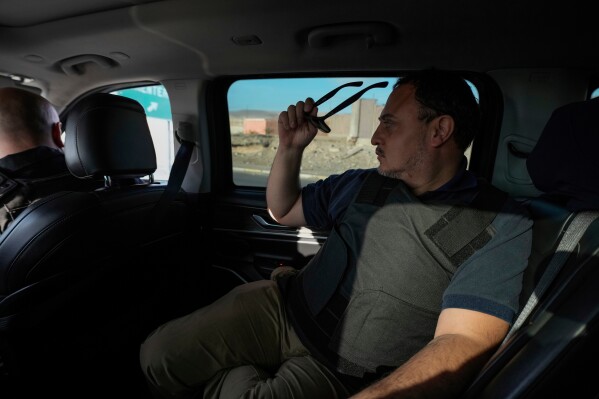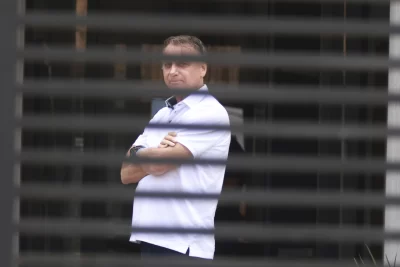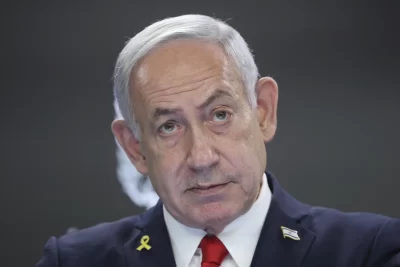
ARICA, Chile — The Venezuelan gang members wrote out even their most minute purchases in blue pen: $15 for a drug trafficker’s Uber; $9 for instant coffee during a lookout shift; $34 for supplies to clean what investigators learned were torture chambers.
The meticulous spreadsheets seized during police raids in Chile’s northern town of Arica, and shared with The Associated Press, suggest the accounting structure of a multinational.
They amount to the most comprehensive documentation to date of the inner workings of Tren de Aragua, Latin America’s notorious criminal organization designated by President Donald Trump as a foreign terrorist group.
An investigation built over years by Chilean prosecutors in Arica, which resulted in hefty sentences for 34 people in March — and inspired other cases which, earlier this month, sent a dozen Tren de Aragua leaders to prison for a total of 300 years — contrasts with Trump’s mass deportations of suspected gang members.
While Trump’s supporters cheer the expulsions, investigators see missed opportunities to gather evidence aimed at uprooting the criminal network that has gained momentum across the region as migration from Venezuela surges and global cocaine demand spreads.
“With the U.S. snatching guys off the streets, they’re taking out the tip of the iceberg,” said Daniel Brunner, president of Brunner Sierra Group security firm and a former FBI agent. “They’re not looking at how the group operates.”
Transnational mafias have fueled an extraordinary crime wave in once-peaceful nations like Chile and consolidated power in countries like Honduras and Peru, infiltrating state bureaucracies, crippling the capacities of law enforcement and jeopardizing regional stability.
The new developments are testing democracies across Latin America.
“This is not your typical corruption involving cash in envelopes,” said former Peruvian Interior Minister Ruben Vargas of the impunity in his country. “It’s having criminal operators wield power in the political system.”
Chile, long considered one of Latin America’s safest and wealthiest nations, is also among its least corrupt, according to watchdog Transparency International, giving authorities an edge in fending off this kind of organized crime.
But with no experience, the country was caught unprepared as abductions, dismemberments and other grisly crimes reshaped society.
Now, three years later, experts hold out Arica as a case study in wider efforts to combat the gang.
While some see El Salvador President Nayib Bukele’scrackdown on criminal gangs as a model, critics see an authoritarian police state that has run roughshod over due process.
“Criminal prosecution, financial intelligence, witness protection and cooperation with other countries, that’s what it takes to disrupt criminal networks,” said Pablo Zeballos, a Chilean security consultant and former intelligence officer.
Using Tren de Aragua documents first recovered in 2022, Chilean prosecutor Bruno Hernández and his unit brought an unprecedented number of gang members to trial last year, dismantling the gang’s northern Chile offshoot, known as Los Gallegos.
“It marked a milestone,” prosecutor Mario Carrera said last month from Arica’s shantytown of Cerro Chuño, a Los Gallegos stronghold. “Until then, they were acting with impunity.”




